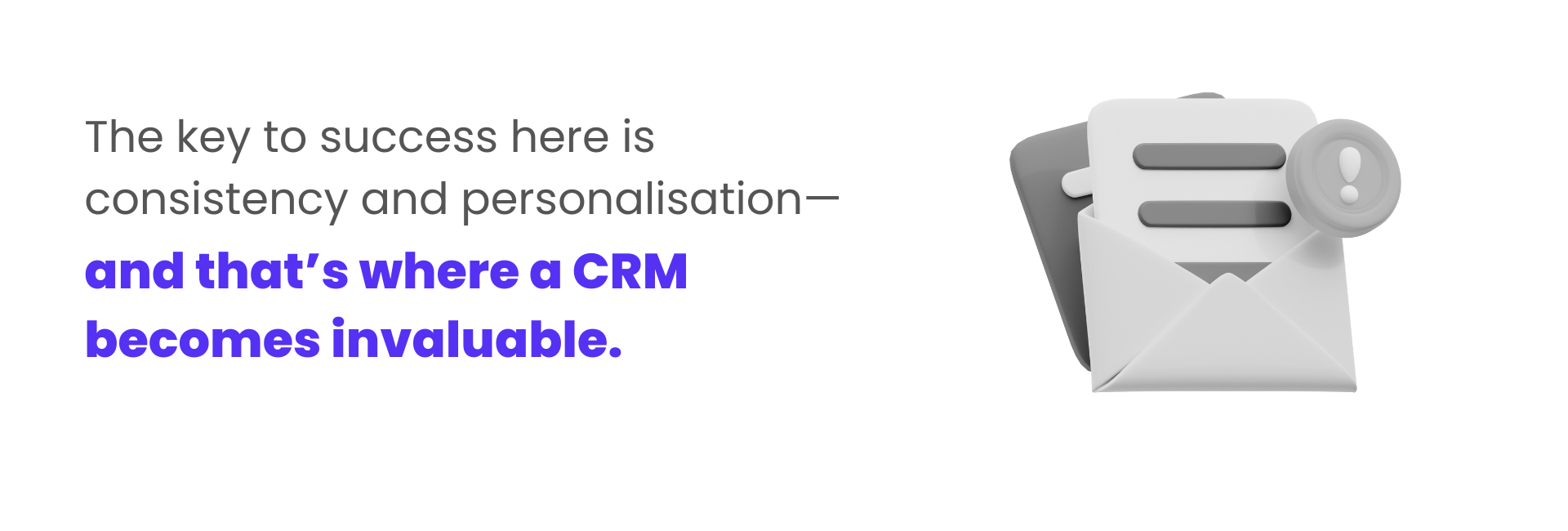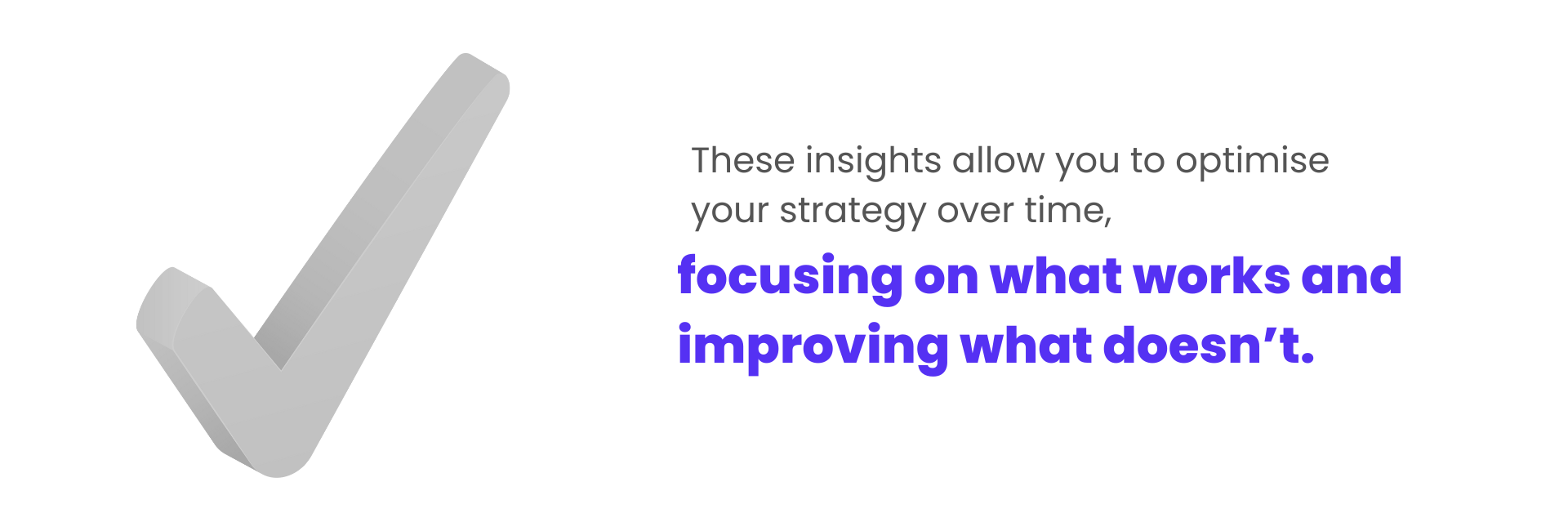With such fierce competition out there and shorter attention spans than ever before, small businesses need to be more strategic than ever when it comes to managing customer relationships and growing their client base. That’s where a Customer Relationship Management (CRM) system comes in. A CRM isn’t just a fancy tool for tracking contacts; it’s a powerful system that helps businesses attract, manage, and nurture leads in a timely and responsive way—ultimately turning them into loyal customers.
At Digital Freak, we believe that when small businesses harness the full potential of a CRM, they can supercharge their lead generation and nurturing efforts. In this article, we’ll explore how a CRM can streamline your lead management process, how to use it effectively for lead generation and nurturing, and how Digital Freak can support your journey with our range of digital marketing services.

What is Lead Generation and Nurturing?
Before diving into how a CRM can help, let’s define the two core concepts of this article: lead generation and lead nurturing.
Lead Generation: This is the process of attracting and capturing the interest of potential customers (leads) who may be interested in your product or service. This can happen through many channels, including your website, social media, Google Ads, email marketing, and more.
Lead Nurturing: Once you have captured a lead’s information, lead nurturing comes into play. This involves engaging with leads over time, building a relationship with them, providing them with valuable information, and moving them through the sales funnel toward a purchase decision.
The key to success here is consistency and personalisation—and that’s where a CRM becomes invaluable.
How CRM Transforms Lead Generation and Nurturing
A CRM system acts as the backbone of your lead generation and nurturing strategy. It helps you organise, track, and automate your interactions with potential customers, so you can stay on top of every opportunity without letting leads slip through the cracks.
Here’s how:
1. Centralised Lead Data
With a CRM, all your lead information—contact details, previous interactions, social media connections, and even their position in the sales funnel—is stored in one place. This means you have instant access to a 360-degree view of every lead, allowing you to tailor your communications and approach accordingly.
No more losing track of conversations, forgetting follow-ups, or misplacing key lead details. Whether a lead came from a Google Ad, a social media campaign, or an email inquiry, your CRM keeps everything organised so you can track where each lead originated and how best to move forward.
2. Streamlined Lead Capture
Many CRM platforms allow you to integrate lead capture forms directly into your website or landing pages. These forms automatically collect leads and feed them into your CRM, saving you time and eliminating the risk of losing any potential opportunities.
For example, you can create custom web forms that capture important information like name, email address, and specific interests. This information is automatically synced with your CRM, ensuring that no manual entry is needed and allowing you to follow up quickly and effectively.
 3. Automating Lead Qualification
3. Automating Lead Qualification
Lead qualification is one of the most time-consuming aspects of lead generation. Not every lead is ready to buy, and some may not be a good fit for your business at all. A CRM system can help you automate lead qualification by assigning scores based on the lead’s interactions with your business.
For instance, you can set up your CRM to track specific actions, such as opening an email, clicking on a link, or visiting your website. Each action can be given a score, and when a lead reaches a certain threshold, they are flagged as “***” and ready for a sales call. Conversely, low-scoring leads can be nurtured with additional marketing materials to move them further along in the sales funnel.
This scoring system saves time by focusing your attention on the most promising leads and automating the nurturing process for those that need more time.
4. Personalised Lead Nurturing Campaigns
A CRM allows you to deliver personalised content to leads at the right time. By segmenting your leads based on their behaviour, interests, and position in the sales funnel, you can send tailored messages that speak directly to their needs and concerns.
For example, if a lead has downloaded a guide from your website but hasn’t yet booked a demo, you can send them a series of follow-up emails offering more information or a special offer to encourage them to take the next step. On the other hand, a lead who has shown strong interest might receive more urgent calls to action, like booking a consultation or scheduling a demo.
5. Improved Sales and Marketing Alignment
For small businesses, sales and marketing often operate as separate entities, which can lead to disjointed efforts and missed opportunities. A CRM bridges the gap between these two critical functions by giving both teams access to the same data.
Marketing teams can see which leads have engaged with specific content like blogs, videos, or visual content, and sales teams can view the entire history of a lead’s interactions, allowing for a more cohesive approach. This alignment ensures that leads are being nurtured consistently and that no opportunities are overlooked.
6. Timely Follow-Ups with Automation
Timing is everything when it comes to lead nurturing. A CRM system allows you to automate follow-up reminders, so you never miss the opportunity to engage with a lead at the right moment.
For example, you can set your CRM to automatically send a follow-up email one day after a lead downloads your eBook or fill out a form on your website. You can also schedule reminders to call leads after specific milestones or send personalised offers after they’ve engaged with your brand several times.
With CRM automation, you can stay consistent without manually tracking every interaction—saving time and increasing your chances of converting leads into customers.
7. Data-Driven Insights
One of the most powerful features of a CRM is the ability to track and analyse your lead generation efforts. With real-time reporting, you can see which campaigns are driving the most leads, which content is resonating with your audience, and where potential customers are dropping off.
These insights allow you to optimise your strategy over time, focusing on what works and improving what doesn’t. The data helps you make informed decisions, from tweaking your landing pages to refining your email campaigns.

How Digital Freak Can Help You Supercharge Lead Generation with CRM
At Digital Freak, we understand the unique challenges small businesses face when it comes to lead generation and nurturing. That’s why we offer tailored CRM and digital marketing solutions designed to help you attract more leads, make your business highly responsive, manage your sales pipeline, and nurture prospects into long-term customers.
Here’s how we can help:
CRM Setup and Customisation: We’ll set up your CRM from scratch or optimise your existing system to ensure it meets your business’s specific needs.
Lead Capture and Website Integration: We’ll integrate your CRM with your website and lead capture forms to automate the process of collecting and organising new leads.
Automated Lead Nurturing: We’ll design personalised email and marketing automation campaigns that move leads through your sales funnel, keeping them engaged and interested.
Sales and Marketing Alignment: Our team will help align your sales and marketing efforts, ensuring that your CRM serves as a central hub for both teams.
Performance Tracking and Optimisation: We’ll track the results of your lead generation campaigns and make data-driven adjustments to improve performance over time.
Ready to take your lead generation and nurturing efforts to the next level – affordably? Book a free strategy call with Digital Freak today and let us show you how a CRM can help your business grow faster and more efficiently.

